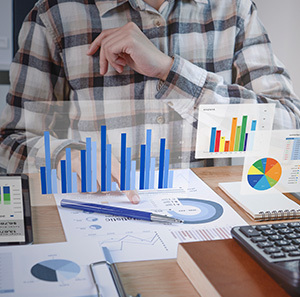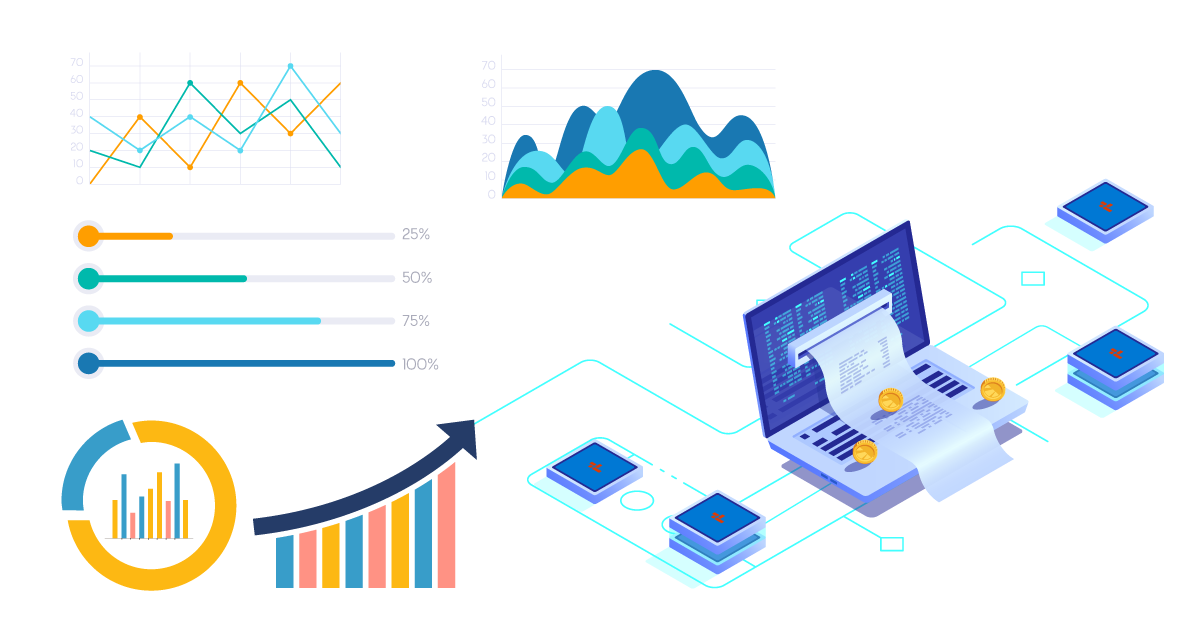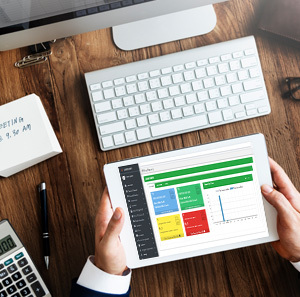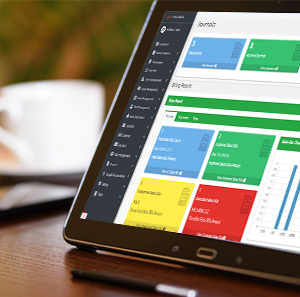- Call Now : 01-5904030
- Email Address : [email protected]
-
9 Advantages Of Accounting Software

1. It saves time.
Like any new software system, there is an investment of time upfront to set up your accounting software, but once you do, it will save you hours of work each week by handling time-consuming manual bookkeeping and accounting processes automatically. For example, you won’t need to download CSV files from your credit card or bank accounts and manually enter data on your spreadsheet in order to review your transactions: Accounting software pulls all the data for you automatically.
2. It instantly generates key financial reports.
No more waiting while your administrative assistant puts together your monthly reports: Accounting software platforms have built-in reports that are automatically updated. With the click of a button, you can download your P&L Statement (or Income Statement), Balance Sheet, and Cash Flow Statement, showing key insights like income and expenses for the month, quarter, or year. If you have more specific reporting needs, you can usually customize reports by filtering the data or adding extra detail, and save these reports to run again in the future.
3. It syncs all your financial data.
If your data is stored across multiple platforms—bank accounts, credit card accounts, and payroll services—it can take hours of going back and forth between the platforms to collect the data you need. Accounting software will sync the data from all your online accounting tools via API, so you don’t need to download financial information from each individual source and spend time on data entry to put together a complete financial record.
4. It promotes data accuracy.
With accounting software, you don’t have to manually update multiple cells in multiple sheets if you make a change to your records. Instead, your financial statements and reports will be automatically updated to reflect any changes you make, helping you keep your data free of errors. (Not convinced data accuracy is a major concern? Here’s why it matters.)
5. It produces professional-looking financial statements.
Once you start getting external requests for financial statements, it’s important to present documents that look professional rather than DIY. Particularly when you’re dealing with potential investors, the financial statements you share need to be accurate, properly formatted, and delivered on time. If they aren’t, they give a negative impression of the state of your finances and you could lose out on deals. Accounting software produces financial statements in standardized formats that are ready to download and share when requests come through.
6. It simplifies payroll.
While you’ll likely need a specialized payroll system at some point, many small businesses use accounting software to handle their payroll while their business is still growing. With accounting software, you can automate payments to employees, calculate healthcare and insurance contributions, and get accurate payroll tax information.
7. It gives detailed insights.
If your chart of accounts is set up properly, you can use accounting software to track your transactions by department, projects, locations, or class. This gives you a clear picture of what your income is attributable to and your areas of expense, helping you generate more specific reports and make strategic decisions.
8. It streamlines tax filing.
Having standardized financial statements and accurate, categorized data makes it easier for your tax accountant to file your return and calculate available tax credits. Some accounting programs also have specific tax reports (for example for sales tax and payroll tax) built-in.
9. It reduces inventory errors.
Some accounting software platforms include basic inventory management tools that automatically updates to show the number of each product you have on hand, what’s been sold, and when you need to restock. Accounting software is an easy way to get accurate, real-time information on your stock levels, instead of relying on error-prone manual data entry.



